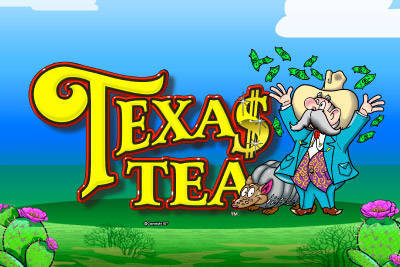UKGC report into young people gambling finds most is regulated; only 0.9% of children are problem gamblers

The UK Gambling Commission released Thursday its Young People and Gambling Report, an annual study that helps understand children’s and young people’s exposure to, and involvement in, all types of gambling. According to the report, almost one-third of children (31%) aged 11 to 16 spent money on any gambling activity in the twelve months prior to taking part in the survey.
However, it should be noted that the most common types of gambling activities that young people spent their money on were legal and did not feature age-restricted products, namely: arcade gaming machines such as penny pusher or claw grab machines (22%); placing a bet for money between friends or family (15%); playing cards with friends or family for money (5%).
A minority of children stated their gambling was on fruit and slot machines (3%), betting on eSports (2%), National Lottery Scratchcards (1%), playing National Lottery online instant win games (1%), placing a bet through a betting website or app (1%), or playing casino games online (1%), the report further found.
The survey found 23% of young people spent their own money on regulated forms of gambling. Additionally, the youth-adapted problem gambling screen identified 0.9% of 11 to 16-year-olds as problem gamblers, 2.4% as at-risk gamblers, and 27.3% as non-problem gamblers.
Most (78%) young people who spent money gambling in the last 12 months did so because they regard it as a “fun” thing to do. Whilst one in five (21%) agree that gambling makes them feel happy, more (29%) disagreed that it made them happy and the same proportion (29%) were unsure either way.

Three in ten (28%) young people had seen family members they live with gamble, of which 7% indicated it had resulted in arguments or tension at home. However, one in ten (11%) said that gambling by a family member had helped to pay for things at home.
The results of the survey are used by the Gambling Commission to better protect this specific group from harm. “As the industry regulator, we require gambling operators to have strong protections in place to prevent children from accessing products illegally,” the UKGC noted. “This also includes rules preventing marketing and advertising being targeted at children.”
In this year’s survey, whilst the headline data around regulated age-restricted products is encouraging, “there is clearly a group who still struggle with gambling,” said the regulator. “We are committed to understanding and acting on these findings in more detail to help us, and a variety of other stakeholders, appreciate if and how young people are playing on regulated and non-regulated products, the challenges, and the wider implications,” the UKGC added.
The findings are taken from the annual Young People and Gambling Survey, conducted in 2022 by Ipsos on behalf of the Gambling Commission. The results are based on a sample of 2,559 pupils aged 11 to 16 years old across curriculum years 7 to 11 (S1 – S5 in Scotland) using the Ipsos Young People Omnibus. Pupils completed an online self-completion survey in class. Fieldwork took place between 14 March and 1 July 2022.

























